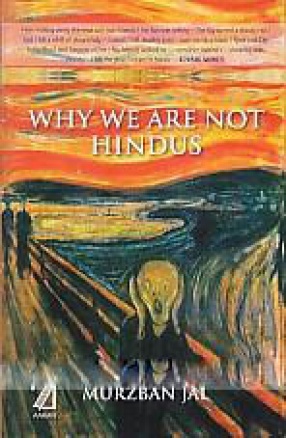In many developing countries, India included, slum neighbourhoods are not only areas of physical deterioration, but also have a distinctive subculture, their own values and norms of individual and group behaviour. Often existential living leaves slum dwellers little room for lofty ideals, and leaves much leeway for non-conformist behaviour. At times, several forms of deviant bbehaviour tend to become a part of their life-style. In quite a few situations, youngsters are initiated into objectionable behaviour by their elders themselves. This underlines the significance of social milieu in the rise and persistence of deviant behaviour among children. Meticulously planned and sensitively executed, the work in hand takes an incisive look into the life-style in slum neighbourhoods. It is found that run-down housing, overcrowding, poverty and lack of education are some of the factors that seem to mould the slum subculture. The relationship between social tolerance and deviance has been studied, both qualitatively and quantitatively. The work advocates that social intervention needs to come abut, here and now, if we intend to ameliorate the situation of children in slum neighbourhoods, and to improve the future of society. The book should interest professionals and practitioners alike. For students of Anthropology, Criminology, Psychology, Social Work and sociology, it is likely to serve as enriching course materials; and for practitioners concerned with such issues as the rights of the child and juvenile justice, as a useful reference book.
Why We Are Not Hindus
$19.80
$22.00





There are no reviews yet.